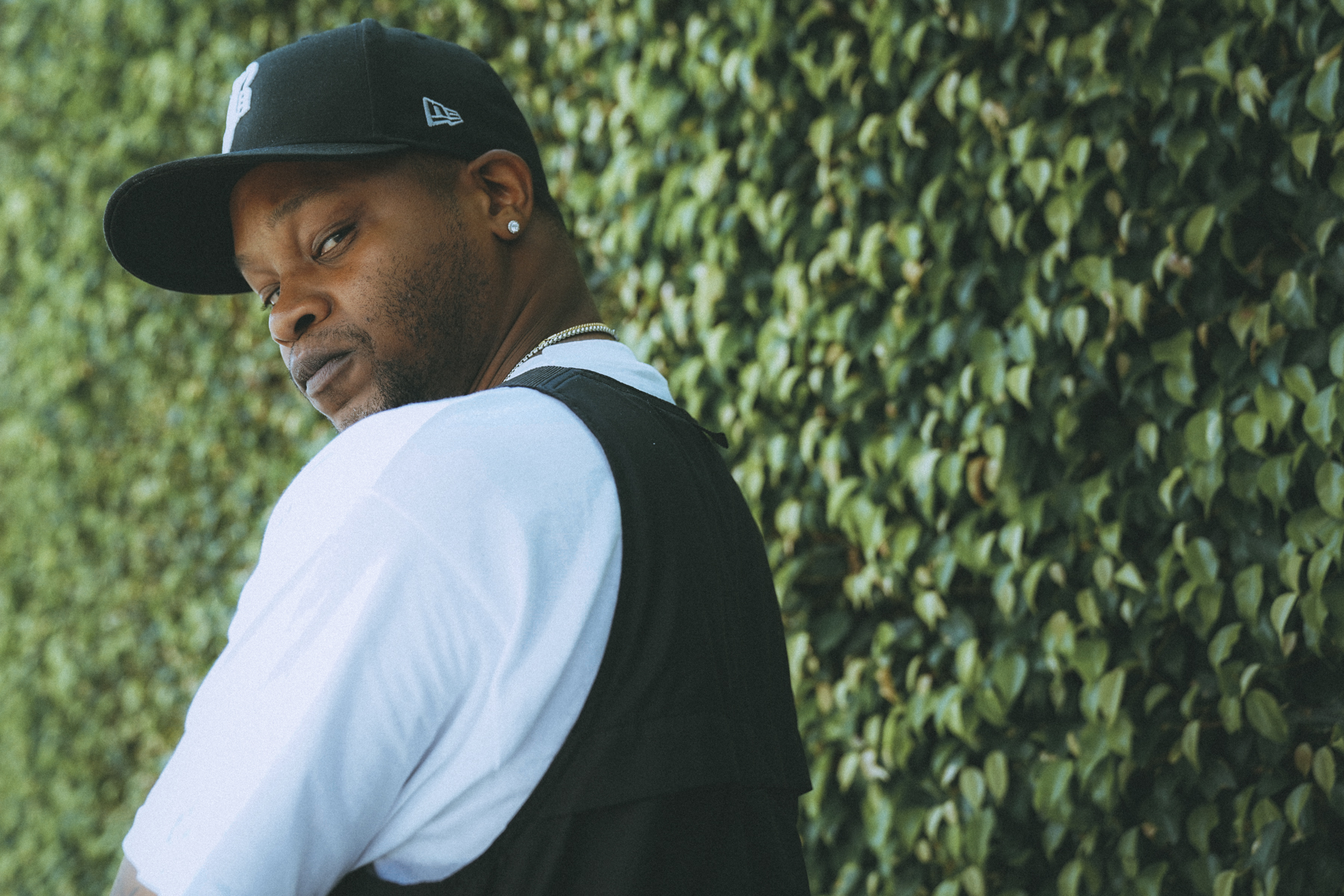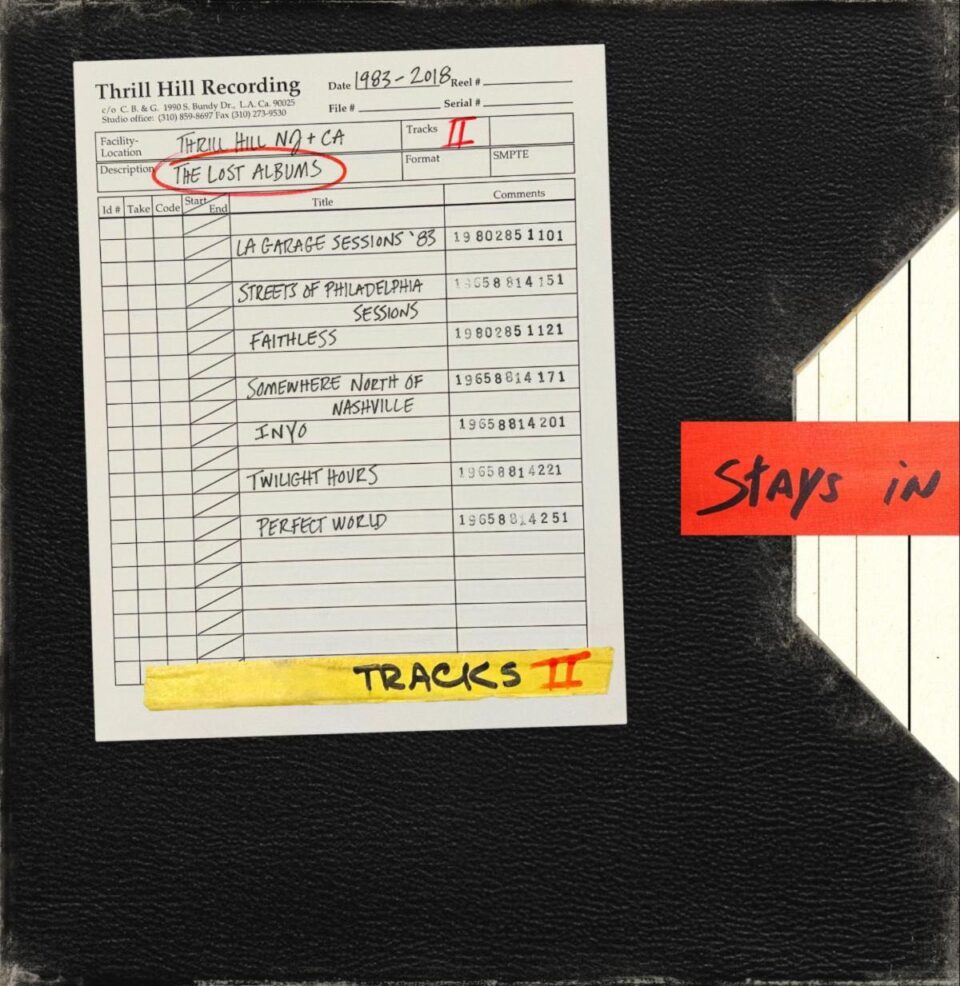Oh, August: summer’s winding down, kids are back to school, and adults, well…we’ve got the August blues, which are apparently a real thing.
If ya need help coping, here’s a collection of some albums and songs from the past month that are Good.
King Gizzard & the Lizard Wizard, Infest the Rats’ Nest
Just when you think you’ve figured out the seven-piece prog-rockers, they’ll drop something like Infest the Rats’ Nest on you—a banging thirty-five-minute thrash metal record that purposefully catches listeners by surprise and explores extreme contemporary issues like climate change and global politics in the frame of an even more chaotic vacuum. —Sean Neumann
Read our feature on King Gizzard here.
Taylor Swift, Lover
Taylor’s seventh album vibes, thrives, and succeeds. This is the first recording since her childhood days where she’s not even hinting at victimhood; the pop star is taking responsibility while simultaneously seeming carefree. Sure, she’s disgusted by what this country has become (“Miss Americana and the Heartbreak Prince”), how LGBTQ rights have been threatened (“You Need to Calm Down”), and how sexism affects women, still, in the #MeToo era (“The Man”). But she deals with these topics so swiftly (no pun intended), with more than a few teaspoons full of sugar, that the guilty might miss being dissed. That, or—like Taylor herself—they’ll be having too much fun to notice. —A.D. Amorosi
Redd Kross, Beyond the Door
Beyond the Door has several Redd Kross hallmarks: the signature youthfulness, sense of joy, and—at thirty-four minutes—the brevity. It signals a party attitude with the unmistakable opener, “The Party,” a faithful cover of the Henry Mancini–penned title song from the 1968 Peter Sellers film. The record is bookended by covers, the closer an unforgettable version of Sparks’ “When Do I Get to Sing ‘My Way.” There is also “Ice Cream (Strange and Pleasing),” an ode to the cold treat and a summer anthem for the ages, and halfway through is “The Party Underground”—which, if we were still in the days of vinyl or cassette, would mark side two of the album with a reinvigorated celebration. —Lily Moayeri
Read our feature on Redd Kross here.
BJ the Chicago Kid, 1123
If BJ’s new album 1123 has less to prove than its predecessors, it’s more approachable for it. A sleek suite of upbeat mood music, the record’s earworms are well-suited for summer and Spotify. Production comes courtesy of Cool & Dre, Karriem Riggins, and Afrojack, whose “Reach” makes for an unlikely pop gem. Anderson .Paak co-headlines “Feel the Vibe,” a steamy opener rich in setting and attitude, while “Champagne” strays toward electro-funk. The first single, “Time Today,” returns to the winning slow jam formula of In My Mind’s deep cuts. Guests include Offset, Rick Ross, and Los Angeles rapper Buddy. Growing in tandem with an artist who is, by turns, a producer, songwriter, hookman, and headline act may seem like a tall order—but 1123 eases the burden. —Pete Tosiello
Read our feature on BJ the Chicago Kid here.
Blanck Mass, Animated Violence Mild
Animated Violence Mild pairs goblets of brightness with Benjamin John Power’s long-documented love of aggressive, snarling melodies and arrangements. Its songs, despite being long and maximalist, pave such unorthodox paths that every second is equally unforgettable. “Love Is a Parasite,” which Power says was the album’s most technically challenging track to finalize, is a symphony as linear as it is climactic. All manner of synthetic elements squeal, shuffle, and pummel (often in double-time) across six minutes as danceable as they are intimidating, with energizing synth loops building toward a climactic earthquake of signature screaming and classic synths that sound like they’re about to explode and then fizzle. —Max Freedman
Read our feature on Black Mass here.
Bon Iver, i,i
What this new record offers is at once familiar—just as heartfelt as For Emma, as breathtakingly panoramic as 2011’s Bon Iver, and as dense and adventurous as 2016’s 22, A Million—and singular; i,i is striking in its generosity and warmth. It is still an album with plenty of pain, touching on topics like familial disconnect and climate change, but this time it’s bathed in an unexpected light. That might be a result of the album’s communal nature; this is Bon Iver’s most collaborative work by a long shot, with contributions from James Blake, The National’s Aaron and Bryce Dessner, Moses Sumney, Bruce Hornsby, and producer Wheezy. It may be this crowdsourcing that lends the album a certain unpredictability; as cohesive as it is as a statement, i,i rarely stays in one place for long. The anthemic “Naeem” coexists comfortably with the halting, haunted “Jelmore,” the grizzled pseudo-hip-hop strut of “We,” and the stirring jazz of “Sh’Diah.” Central to it all, though, is a Justin Vernon with an altered disposition, more confident and looser—at times, he even sounds content. —Alex Swhear
Sleater-Kinney, The Center Won’t Hold
The trio you hear on this record is—still—Weiss, Carrie Brownstein, and Corin Tucker. They remain faithfully yours in taut, ruthless, uncompromising rock and roll. But to their credit, they’re also uninterested in coasting on legacy. Enter St. Vincent, a.k.a. Annie Clark, who produced the album, pushed the band into some subtle and not-so-subtle experimentation, and insisted on an S-K record that could speak a righteous word in dark times. The resulting album is actually just what you’d hope for—undeniably Sleater-Kinney, but scuffed-up with some weird pop textures and effects that sound like they’re on loan from one of Clark’s solo ventures. —Josh Hurst
WHY?, AOKOHIO
AOKOHIO is WHY?’s most conceptually daring album to date. The Cincinnati-based project of Yoni Wolf and friends (family, too) has always dared to push rap, pop, and folk music into a shareable ecosystem, with a sound at its best when border lines dissolve into the rhythmic pulse. AOK isn’t too far from some of WHY?’s earliest music, but it’s a sharp departure from the crystalline pop tunes they’ve perfected on full-band albums like Alopecia and Moh Llean. The stark contrast between this one and anything the band has done before lies in the loosening of control. —Will Schube
Read our feature on WHY? here.
Shura, forevher
Forevher captures the thrills and comforts of love deepened by the nagging reminder that even the best relationships have to end. Across eleven songs, Shura’s second album showcases her incredible craft—not least of all, the ability of a young queer atheist musician to easily convey the pathos in the religious dreams of a straight male generations removed. —Jack Riedy
Read our feature on Shura here.
Kal Marks, “Head’s Been Ringing”
Kal Marks are probably what Pixies would have sounded like in their heyday, had they missed their shot at commercial success and instead slogged through the anxieties and poverty of reducing their passion to a mere moonlighting gig. Infused with a little more than a passing interest in pivoting to metal, the Boston trio have been honing their craft over the course of a decade, with last year’s Universal Care perfecting the balance between the specific vein of post-hardcore modeled by their Exploding in Sound labelmates and all-out apocalyptic noise rock. Let the Shit House Burn Down is the name of the band’s forthcoming EP, which appears to take this dualistic approach even further. Out-Piling Pile themselves, first single “Heads Been Ringing” is among the most bipolar cuts the band’s released to date, pivoting from doomy guitars and an uncharacteristically clean vocal performance from Carl Shane to doomsday instrumental swells battling Shane’s familiar yawp. —Mike LeSuer
Kim Gordon, “Sketch Artist”
“Sketch Artist,” a single off Kim Gordon’s first solo album under her own name, No Home Record, is full of piercing synths that nearly overpower (but not quite) her raspy vocals. The tune promises a record that could be Gordon’s most accessible-sounding to date; weird, raw pop both about the city where she grew up (Los Angeles) and her confused notions of “home” after spending so much time all these years on the road. —Kim March
Molly Drag, “Charlotte”
It’s hard to put the feeling of returning home after a prolonged absence into words, especially without relying on the term “nostalgia” to do most of the heavy lifting. Yet this is the exact energy—or lethargy—behind Molly Drag, a solo project at the forefront of the new wave of, well, nostalgic slowcore acts. On his latest single, “Charlotte,” Michael Hansford directly addresses this sensation, finding inspiration in his hometown of Midland, Ontario. Over gentle post-rock guitar and a MIDI drum beat, a melancholy Hansford whispers lyrics about broken homes, religious songs, and the relatable pins-and-needles feeling that greets you upon arriving home. —Mike LeSuer









